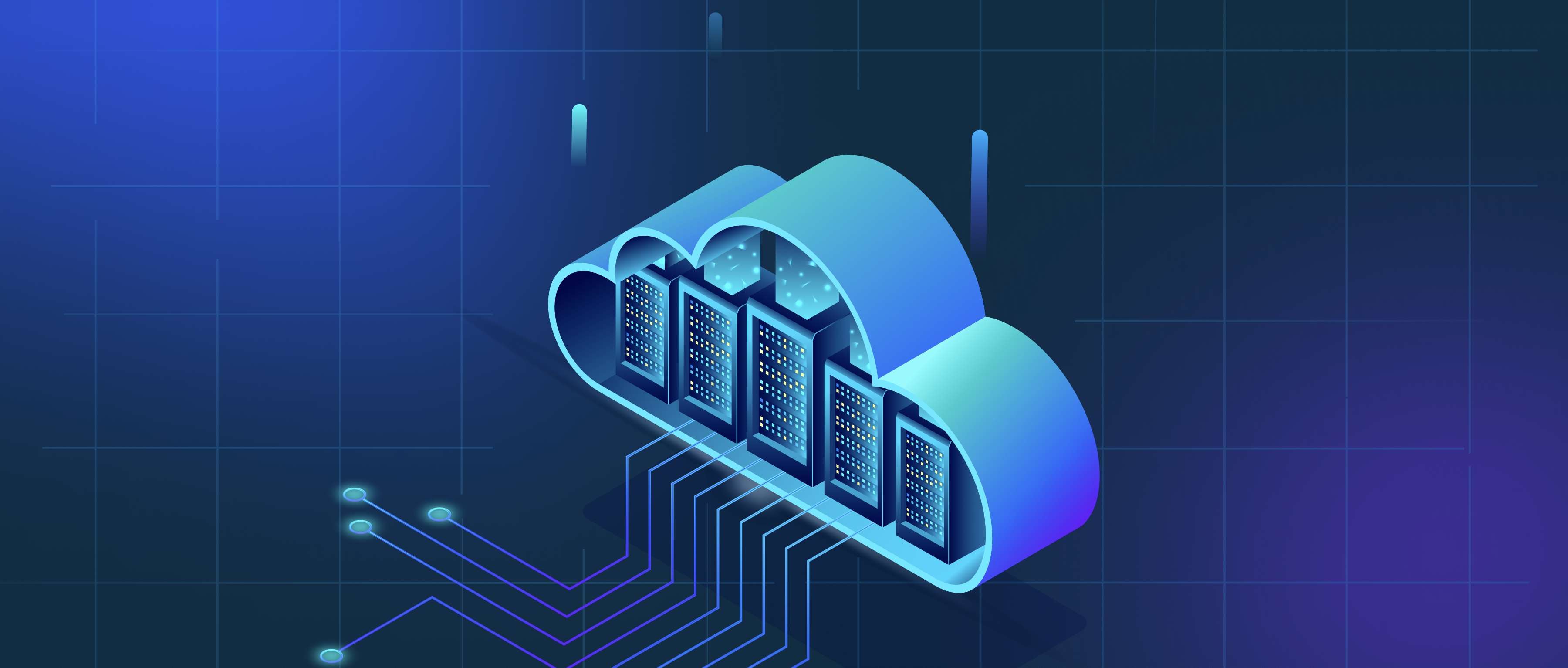DeepResearch can enhance team-based or collaborative research by streamlining data organization, enabling real-time collaboration, and automating repetitive tasks. Its core value lies in providing a shared platform where team members can access, analyze, and contribute to research materials while maintaining consistency and reducing duplication of effort. For example, teams working on literature reviews or experimental data analysis can use DeepResearch to centralize papers, datasets, and annotations, ensuring everyone operates from the same information base.
One practical application is its ability to manage version control for research artifacts. Teams often struggle with tracking changes to documents, code, or datasets across contributors. DeepResearch could integrate Git-like versioning for non-code assets (e.g., lab notes, spreadsheets) or provide automated snapshots of project states. This prevents conflicts when multiple researchers edit the same file and allows rollbacks if errors occur. For instance, a team analyzing clinical trial data could use this feature to track iterations of their statistical models while preserving audit trails for reproducibility.
Another key use case is facilitating knowledge sharing through structured documentation and search. Instead of relying on scattered emails or Slack messages, teams can use DeepResearch to tag and categorize findings, create shared glossaries, or build interconnected knowledge graphs. For example, a machine learning team could document hyperparameter tuning results in a searchable format, allowing new members to quickly understand past experiments. Integration with tools like Jupyter Notebooks or experiment trackers (e.g., MLflow) would further bridge gaps between individual work and team-wide visibility, creating a unified workflow from data exploration to publication.
